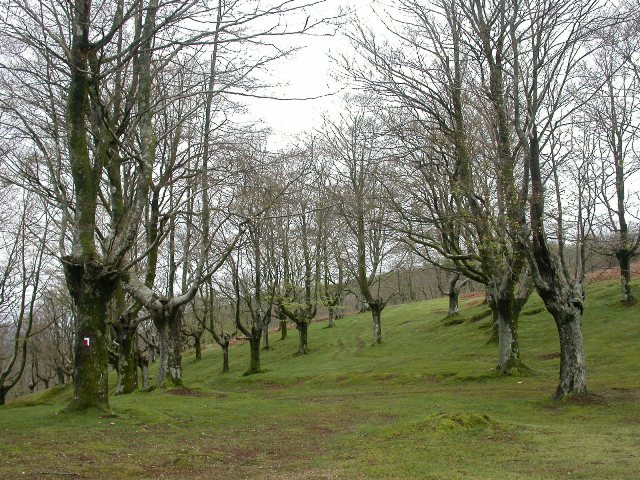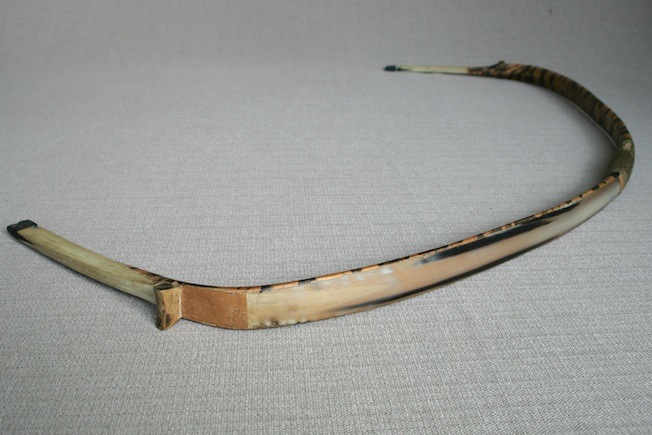Good for the environment
If they're living in harmony with their environment (including but not limited to their central tree), then it can actually be healthy for some trees to be cut down. As someone mentioned above, coppicing is a fairly long-established and ecologically friendly way of getting wood without killing your trees.
Also, if your characters are really in tune with their environment, and trees are semi-sentient, maybe they can sense the trees' wishes. If they're under attack, some trees might be willing to sacrifice themselves to protect the overall tribe/central tree, just as the people would.
The 2009 movie Avatar might also have some interesting ideas to pursue (more info here: https://en.m.wikipedia.org/wiki/Avatar_(2009_film)). Like your idea, they have a central tree which is of huge significance to them, and endeavour to live in harmony with their environment.
Culturally significant
If all wood is a particularly revered material, then maybe only certain items would be made with it. This could be along the lines of religious icons and reliquaries, all the way to wooden weapons that are imbued with tribal identity and significance. Such weapons could be very powerful both martially and psychologically - using such a weapon confers status upon the wielder, and importance upon the occasion.
If only certain types of wood are revered, then it shouldn't be a problem to use the other types. This could be diseased trees/deadwood, or simply different types (deciduous vs evergreen; fruiting vs flowering; rowan vs elder, etc.) - and then the culturally privileged wood would be used for less mundane purposes, or simply not used at all.
Practicality
If you're worried about technological drawbacks when unable to use wood, this question might be helpful: Could a technological society develop without wood?. There are alternatives for wood as a heat source, light source, cooking utility, and building material - and your landscape might help with that.
Peat, brushwood, geysers, volcanoes... All are viable heat sources, depending on your landscape.
Caves, animal skin tents, stone buildings, igloos - these could all provide shelter, again depending on landscape.


